READY TO GET STARTED?
REQUEST A FREE ESTIMATE
Fill out the form below or call (888) 466-7849 for a free, no-obligation estimate.
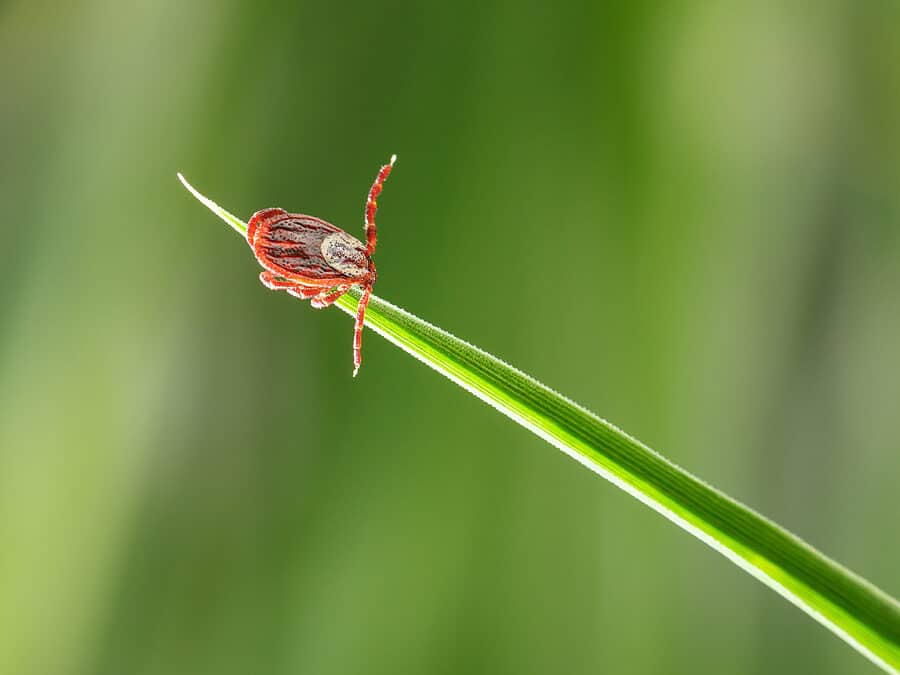
While most people associate summer with warmer weather and more time spent outdoors, it also marks peak season for many Georgia pests. Here are 5 of the most common summer pests in Georgia and how to prevent them.
Mosquito season peaks in summer (peak months are June to September) with activity at hits highest. Mosquitoes are most active at dawn and dusk. These pests transmit serious diseases to both humans and pets. They also breed in standing water found around your home. You can get rid of mosquitoes this summer by:
Ticks are active from late spring to early fall. These summer pests are known to transmit serious disease to humans and pets. They are commonly found wooded areas and areas with tall grass. Avoid ticks this summer by:
Spiders are common in summer as they are often driven from their hiding places by the warmer temperatures (e.g. your attic). While spiders are beneficial to have around as they eat other common pests found in your home, they can be a nuisance. Keep spiders at bay this summer by:
Ants emerge in the summer in search of food (particularly sweets and grease) that they take back to their colonies. This is why they are often found in kitchens. You can prevent ants by:
Stinging pests, such as wasps, hornets, bees, and yellow jackets, are prominent in the summer months. These pests will often forage for food during the warmer weather. Avoid stinging pests by:
Don’t let summer pests ruin your time outdoors. Contact your local pest control company today for a free evaluation.
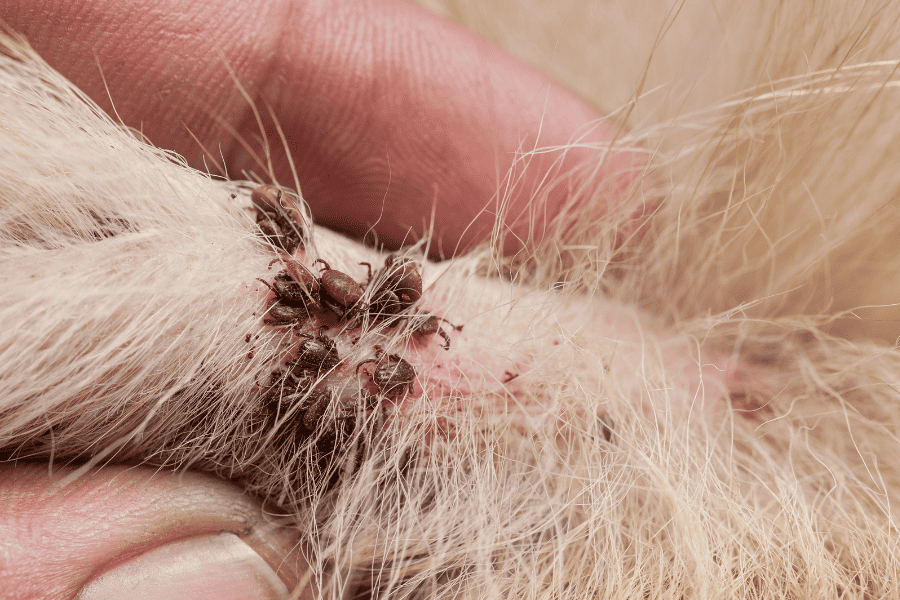
Fleas and ticks are two of the most common pests that can be found in your yard or home. While both can be harmful to humans and pets, they are different in many ways. Let’s compare ticks and fleas and learn how to prevent them from infesting your yard or home.
Ticks are small, arachnid parasites that feed on the blood of animals, including humans. They are often found in wooded or grassy areas and can transmit diseases such as Lyme disease and Rocky Mountain spotted fever. Fleas, on the other hand, are small, wingless insects that also feed on blood. They are commonly found on dogs and cats and can transmit diseases such as tapeworms and murine typhus.
You can prevent ticks by:
You can prevent fleas by:
Fleas and ticks can be a nuisance and a health risk for both humans and pets. Ask your local pest control company for a customized plan to keep your property free from ticks and fleas!
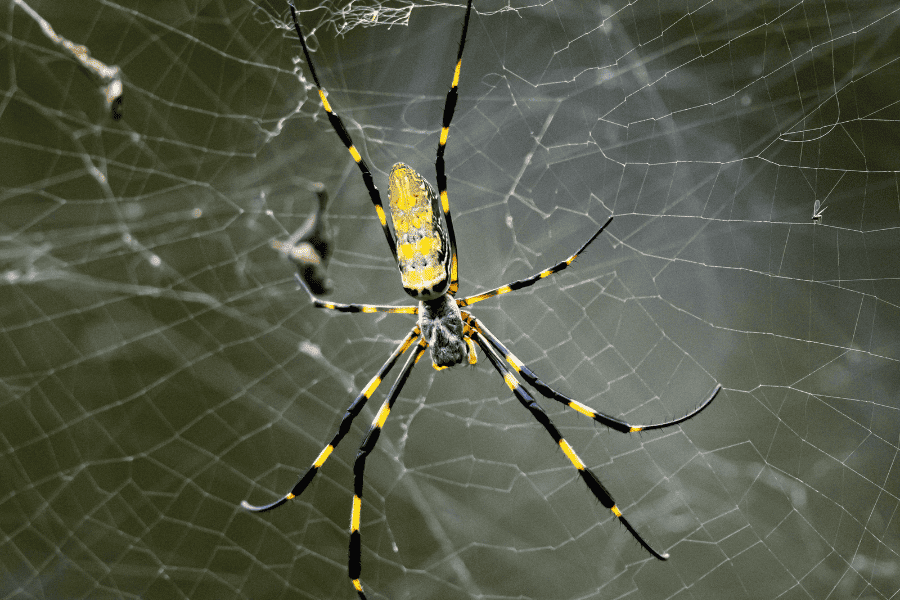
Summer is a season that brings with it many joys, such as longer days and warmer weather. Unfortunately, it also brings a variety of pests that can invade your home and make life unpleasant. Let’s discover some common summer pests and share tips for preventing them.
Ants are one of the most common pests found in homes during the summer months. They are attracted to sweet, sticky substances and can quickly become a nuisance if they find a food source in your home.
Mosquitoes are another common summer pest that can be a serious health concern. They can carry diseases such as West Nile virus and Zika virus, so it’s important to take steps to prevent them.
Ticks are small, blood-sucking pests that can transmit diseases such as Lyme disease and Rocky Mountain spotted fever. They are often found in wooded areas but can also be found in your yard if you have tall grass or brush.
Bees and wasps are important pollinators, but they can also be a nuisance and a health concern.
To prevent bees and wasps, keep your trash cans sealed and dispose of food scraps properly. If you have a nest on your property, call a professional to remove it rather than attempting to do it yourself.
Spiders are often found in dark, damp places like basements and crawl spaces. They can be beneficial by eating other pests, but some species can be dangerous if they bite.
If you have a pest problem that you can’t control on your own, contact your local professional pest control company for a customized summer pest prevention plan!
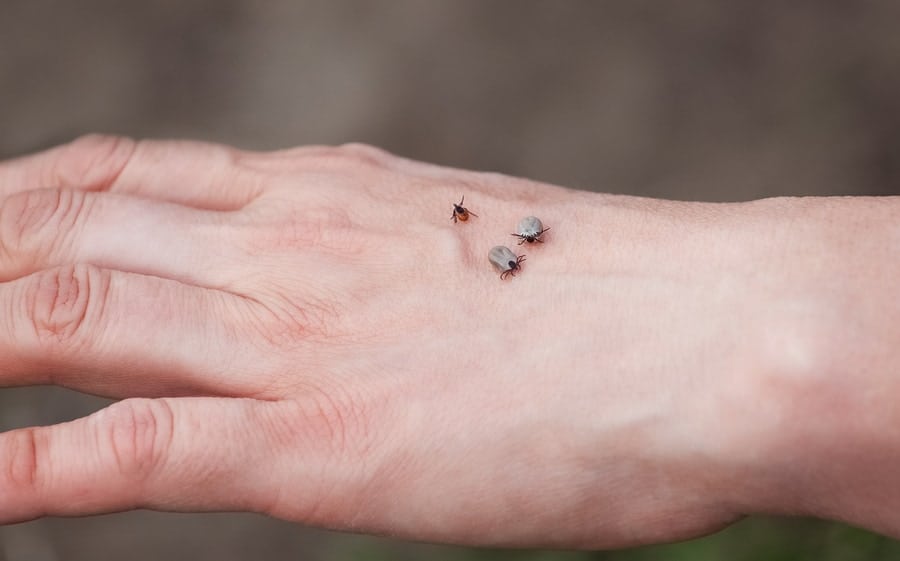
A household pest is any undesired animal that has a history of living, invading, causing damage to, eating food from, acting as a disease vector for, or causing any other harm to a human habitat. While most are considered a nuisance, household pests become dangerous when they pose a risk to health, property, or lifestyle.
While they can be common year-round, some are common in the spring months. Here are a few common spring pests you can find in your Georgia home:
Termite swarming season begins in the springtime. Swarming season is when young termites leave their current colony and go off to find mates and establish new colonies. If you begin to see swarmers, it might mean a colony is nearby.
Ticks are problematic to humans and pets because they spread diseases like Lyme disease and Rocky Mountain spotted fever. You might begin to see an increase of tick bites in the springtime. The mild winters in Georgia don’t help with keeping ticks away for long, so you should always be aware of ticks at any time of the year.
With heavy rainfall in the early spring, you can expect to see ants finding their way inside your home. They will begin to search for food and water, which your home has plenty of.
These pesky pests will find their way inside once the weather begins to warm up. They can spread many pathogens by picking them up on their feet when landing on different items.
If you’re ready to begin prevention of these spring pests, reach out to your local pest control company to receive a free quote and the best plan of action to keep pests away!
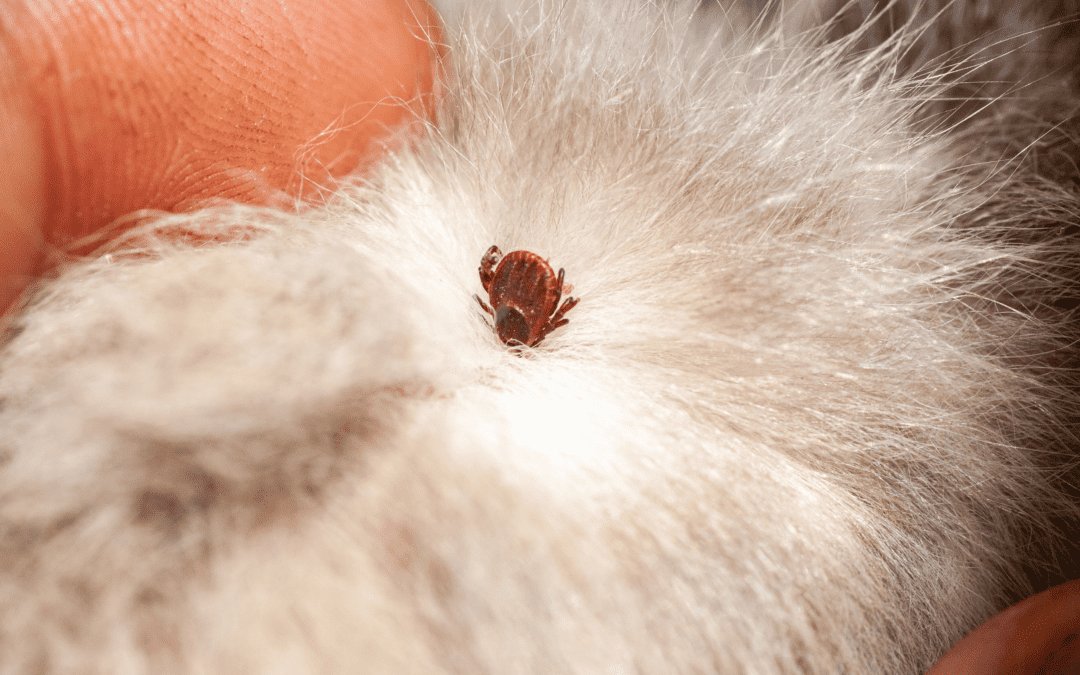
With the arrival of warmer weather, most of us will be spending more time outside with our pets. But while we enjoy being outdoors more, it can expose us and our pets to certain pests, such as fleas and ticks. These parasitic insects carry many diseases, including Lyme disease, anaplasmosis, and ehrlichiosis.
Fleas and ticks can be difficult to keep at bay, often taking weeks to control. There are many ways to protect you and your pets from these pests; continue reading to find out how.
While fleas and ticks are more common in the summer months, this doesn’t mean they are completely gone. Some tend to survive the winter months indoors, causing havoc year-round. To prevent your pets from being exposed throughout the year, check with your veterinarian to see the best treatment methods for them. Always properly administer and check the expiration date on any treatments given to your pets.
If your pet frequents the outdoors, inspecting them before returning indoors will help keep the fleas and ticks away. Ticks like to find warm spots, so checking your pet’s ears, skin, and under armpits are the best places to search. Remove any ticks you might find and reach out to your vet if your pet has been bitten.
Cleaning up your pet’s sleep area at least once a week is a good way to deter or get rid of any pests that have shown up. Get a dog/cat bed that is washable and wipe down their areas frequently. Vacuuming often is also a good way to keep fleas away.
Fleas are known to live in carpets, rugs, and pet bedding. They also avoid high traffic areas, so don’t miss vacuuming near baseboards, under furniture, under cushions, and anywhere your pets sleep or spend significant time.
Fleas prefer warm, moist, shady areas, while ticks like to hide in tall grass. Mowing your lawn regularly and keeping shrubs trimmed back will give them fewer places to hide in your yard.
Attracting wildlife will surely bring more ticks and fleas into your yard. Try not to leave food and water bowls outside overnight. Keep pet food sealed in containers, use trash cans with locking lids, and seal crawlspaces, garages, sheds, and decks.
If you have taken these preventative measures but are still experiencing a tick and flea problem, it might be time to reach out to your local pest control company for further assistance.